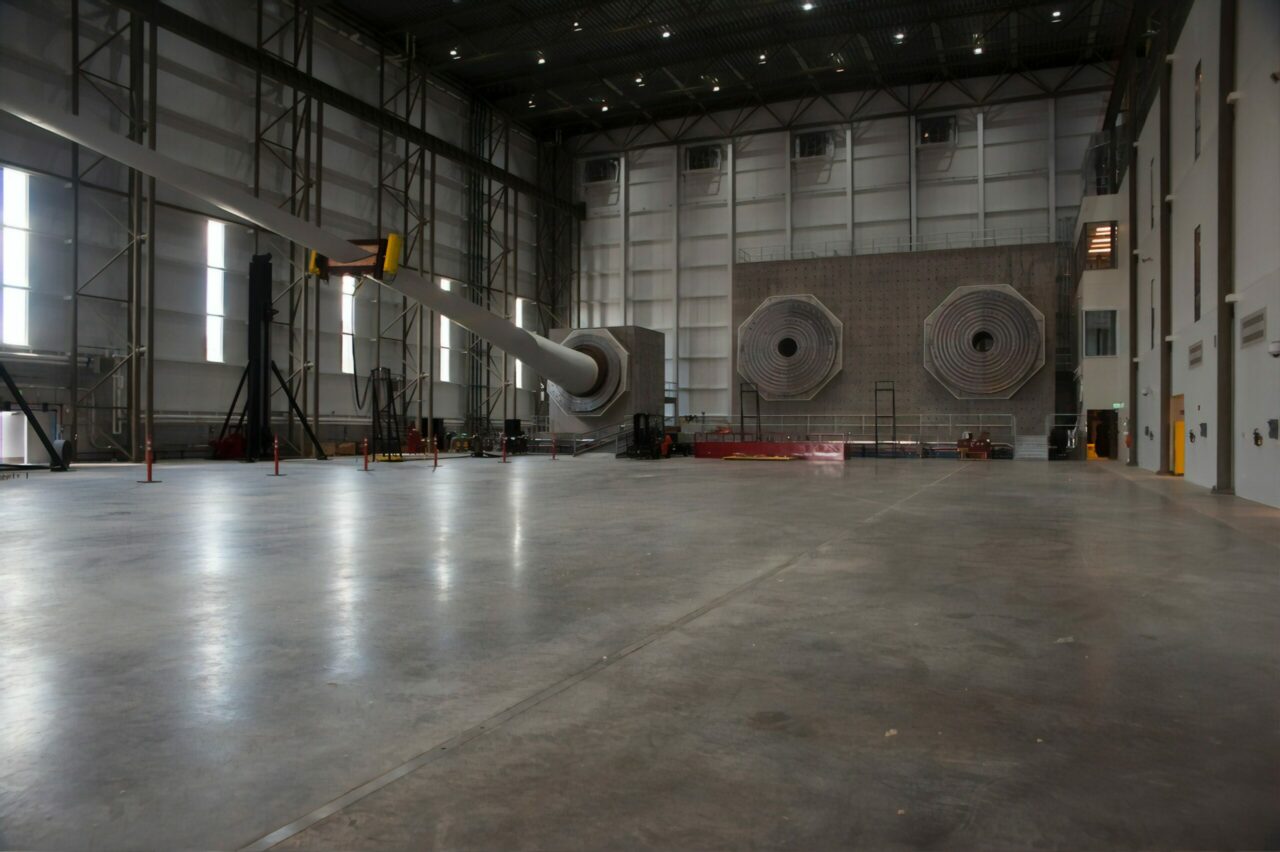Renewable energy

Climate change, rising energy costs, the steadily growing demand for energy, the shortage of fossil fuels and global warming make it necessary to focus more on renewable energies.
Many countries began switching to decentralized, renewable energies years ago.
Clean and reliable wind energy, among other things, plays a crucial role in this needed transition and with the increased global focus on climate change is the need of both reliable, cost efficient and scalable solutions raising rapidly. This brings a lot of challenges to both the established players on the marked and the new pioneers within both known and new energy sources.
One of the examples of this is the Wind Power Industry which started in the eighties and now today is a multibillion industry who due to the above face new challenges.
The biggest challenge facing the Wind Power Industry is the constantly changing legal requirements, transition from onshore to offshore and the fact that the size and locations of both the individual turbines and the overall wind power farms is multiplying almost on a yearly base. This of course add to the cost of both the turbine itself, the transportation and the power plant in total. As the development of new infrastructure models and combination of solutions such as Power-to-X develop do the companies need to adapt massively to changes and constantly and adapt their processes to the new situation. As the need for renewable energy sources increase globally is it not only the technology but also the location of the final product that bring challenges and potentially add to the overall cost.
The above have made the Wind Power Industry gather forces and developed new standards for quality in order to have a uniform quality standard from the supplier of the individual component as well as the OEMs and supplier of the finished product. or more uniformity in the industry, the new standard “APQP4Wind” was launched in 2018. This quality assurance standard is designed to simplify and strengthen the entire quality planning and product release process. It serves as the basis for joint working between wind turbine manufacturers and their suppliers.
This standard enforces the need of an electronic quality system that can be used on a global scale to secure a data driven development and production process. The aim is to be faster in developing new components and to ensure a secure production process which bring a uniform quality of the delivered parts that in total will bring the Total Cost of Quality down to a more stable level and will add to decrease Cost of Poor Quality which then result in less down time of the powerplants.

The APQP4Wind is only one example of the need of global standards and data driven solutions as In addition to the power plant itself is there also a need of both storing, transporting electricity in new power grids, fuelcells or batteries and this means that the new standards will be combined or used along side other standards such as TS16949 or others. This add to the needs for a IT supported quality systems that one the one side can meet current known standards and support the development of new ones and this forces system providers also to include experiences and drive the development of Argumented Reality, Virtual Reality in addition to being able to support predictive analysis in order to lower risk and overall cost of quality.
This means that it is no longer enough to have a document system of “dead documents” and excel sheets but actually call for a Integrated, data driven QMS system which can be used globally and which which is integrated both equipment, machines and systems basically it calls for QDA.
Future-proof with QDA
With our software solution QDA, we have been supporting our customers for more than 30 years in the area of quality management, advance quality planning and, in particular, APQP projects. We work closely with our customers to find the optimal solution for them, including compliance with all prescribed standards including APQP4WIND standard. QDA have been one of the pioneers adapting the Automotive driven standards to the Renewable energy Sector. The APQP4WIND standard is one example of this development where the well proven quality processes from the automotive have been adapted to meet the requirements of the Windpower Industry.
Our quality solution

- APQP4WIND
- Advanced quality planning (APQP, FMEA, PPAP, process flow diagram, control plan)
- Data Collection & SPC
- Non-Conformance management
- Incoming/outgoing inspection
- ERP & MES interface
- Equipment & Machine Integration
- Alarm & Notification
- MSA
- Action Management

The advantages of QDA at a glance
Get in touch!
Do you have specific questions about our solutions? Get in touch!

Ludmila Lebedev
Director QDA SOLUTIONS